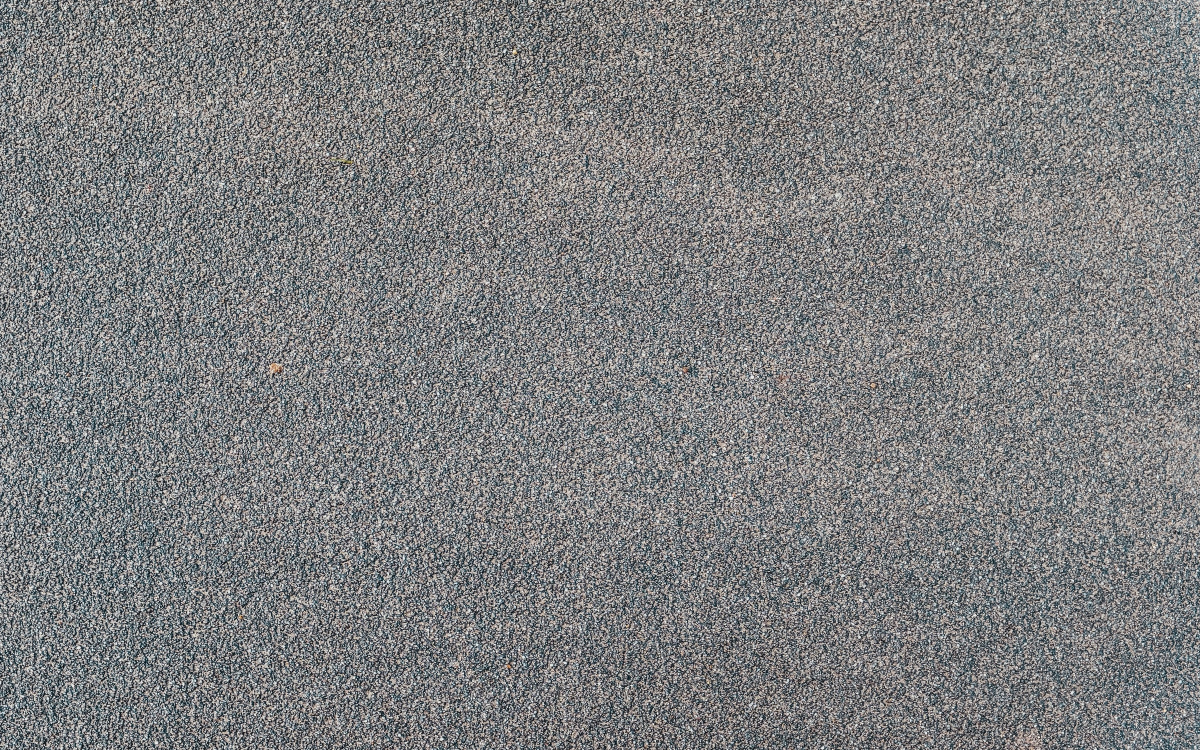
Scenes from a day in the life of this brown person.
It’s the day of George Floyd’s funeral.
I walk into a tattoo parlor for the first time. A very delicate and fair-looking Sofia will help me turn a scar into a rainbow cross today. ‘Were you born in the Netherlands?’ she asks me as she draws the color grid on my upper left arm. ‘Yes,’ I say, ‘I grew up in the South. How about yourself?’ ‘I’m from Albania.’ I open Google Maps to remind myself where exactly that country is located. ‘I’m so glad I live here,’ Sofia says, ‘my home country is terrible. Women are still fighting to be able to go out on their own.’ ‘Wow…’ I say, wondering what that looks like and how it compares to the George Floyd protests. ‘The Netherlands are so great’, she continues. ‘I’m glad you like it! What makes it so great?’ ‘There is no racism’, she says.
My colleague Carlo video calls me. We discuss the state of the travel industry we both work in, what projects we’re focusing on right now, and how the world is doing. ‘How about those United States, though, huh?!’ he says. We say this to each other every week. Having been born to an Italian doctor and a Dutch professor vacationing in the States in the late nineties, Carlo holds three passports. ‘I saw Thirteenth the other day. Have you seen that?’ he asks. ‘Yes, it was such a jolt to my system, I needed five nights to sit through the whole thing.’ ‘Right?!’ he says, ‘My friends have been telling me so much about microaggressions and systemic racism. I hate that I will never be able to feel what it feels like for you. But I’m so glad I get to learn.’
There’s another Black Lives Matter protest planned in Amsterdam. ‘Do you want to go?’ my partner asks. ‘Maybe we can take my dad.’ I don’t want to go. I tell myself it’s because I think white people should take the lead on this one. I also tell myself that I’m still a little iffy about the pandemic, despite the fact that there are many regulations in place that help people protest safely. In an honest moment, I admit to myself that I don’t want to go because I’m scared someone in the street will call me the n-word. Historically speaking, that has been my version of brutality.
‘I’ve been working on content guidelines’, I tell Jacob & The Patricks. I had promised the Vine & Fig leadership team a single document that could help us navigate those heavy times when we’ve said ‘queer Catholics’ too many times in one paragraph. I’ve also added a section on ethnicity. ‘Obviously we should use not a single ethnic slur, although I don’t assume you would ever do that.’ The three men nod, smiling the early morning sleepy smiles I see every week during our team meetings. I continue: ‘I’d also like for us to not use the words “race” or “racial” in our communications, because they imply that race is a biological construct. I think “ethnicity”, “nationality” and “heritage” would be a better fit for us, depending on the context.’ ‘I like that!’ says Jacob. I see thumbs popping up in the little rectangles on my screen. It’s quiet for a second or two. I proceed, joking-but-not-entirely: ‘do any of the white people in this meeting have anything to say to that?’ ‘Nope!’ Patrick Weston says, ‘I actually think it’s good that we just listen.’